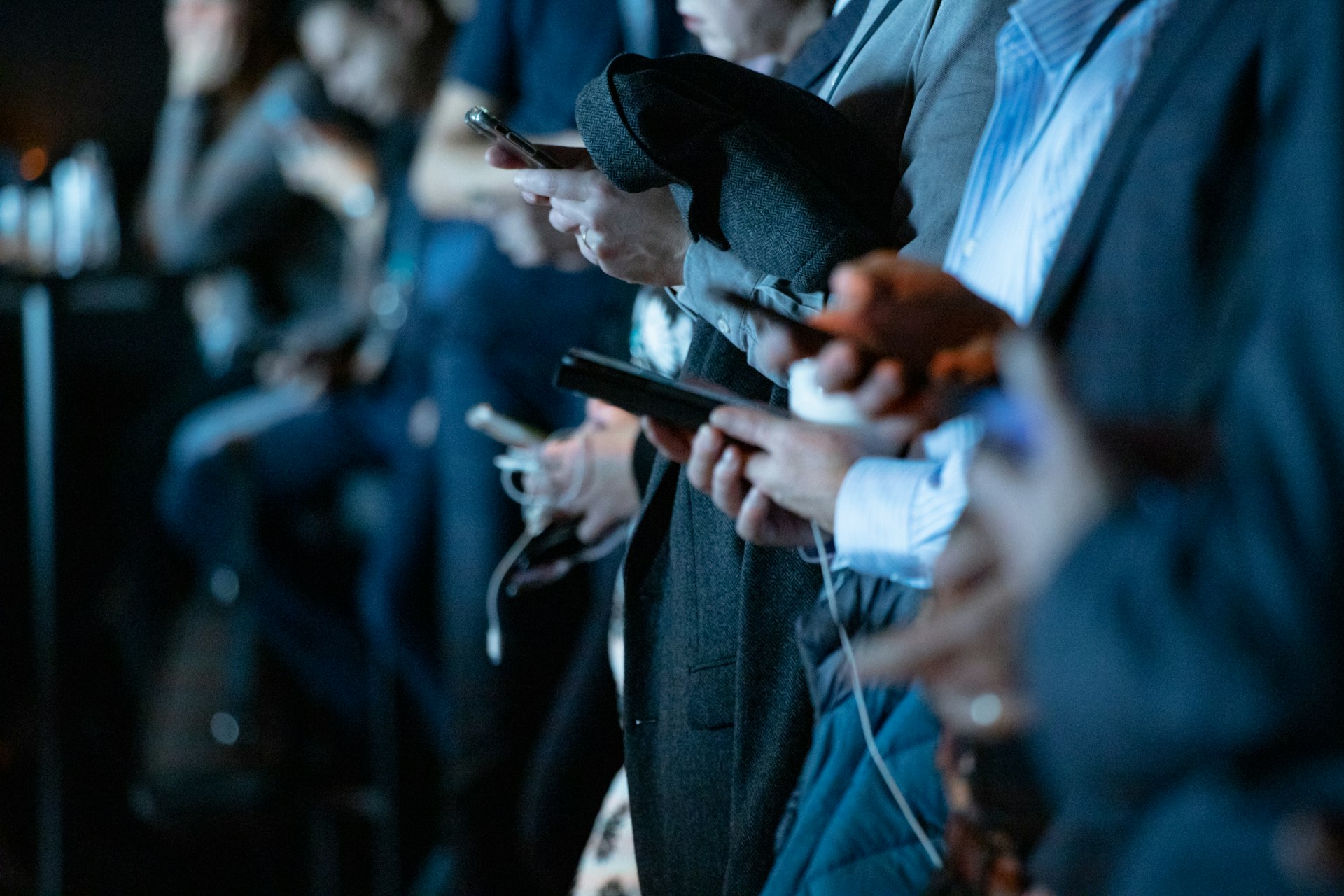Social media has become an essential component of modern life, influencing how we communicate, connect, and interact with one another. While these platforms provide multiple advantages, they also present their own set of problems influencing many parts of our life, including mental well-being and relationships.
Firstly let's talk about the bright side of this influence, social media has transformed communication by enabling people to immediately connect with relatives, close friends, and strangers all around the world. It has opened away geographical barriers, allowing long-distance relationships to develop and creating a sense of community among people with similar interests.
Furthermore, social media is an effective tool for sharing information and providing understanding. It has facilitated the spread of critical news, resources for learning, and social movements, allowing individuals to speak out for improvements and gather support for a broad range of causes.
Also, social media platforms offer unmatched customers for networking and professional development. They function as virtual marketplaces, allowing businesses to promote their products and services, reach a larger audience, and interact with customers in real time.
On the other hand there is a huge range of difficulties that the social media users face. Yet, the widespread usage of social media has prompted questions about its impact on mental health and well-being. Studies have found a connection between excessive social media use and feelings of loneliness, anxiety, and depression, as people compare themselves to others and seek validation through likes and comments.
Furthermore, social media may distort views of reality, resulting in "digital envy", a phenomena in which users feel inadequate or unsatisfied with their life after reading curated, idealized representations of others' experiences.
Moreover, cyberbullying and online harassment have become a major anxiety on social media platforms, affecting people of all ages and backgrounds. The anonymity provided through these platforms can encourage individuals to engage in abusive behavior, resulting in long-term emotional pain to victims.
In conclusion, social media has grown into a two-edged tool that offers opportunities and difficulties for modern society. Although it makes it easier to connect, communicate, and share information, there are risks to relationships, mental health, and online safety.
It is essential to assess the benefits and drawbacks of social media use as we navigate the digital world. We may use the power of social media for good while reducing its detrimental effects on society by applying mindfulness practices, establishing healthy boundaries, and encouraging pleasant relationships online.

